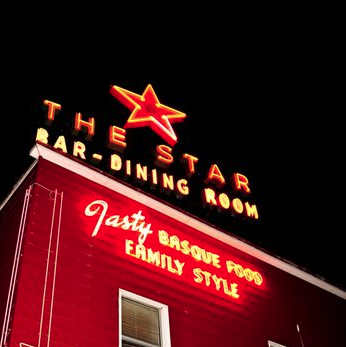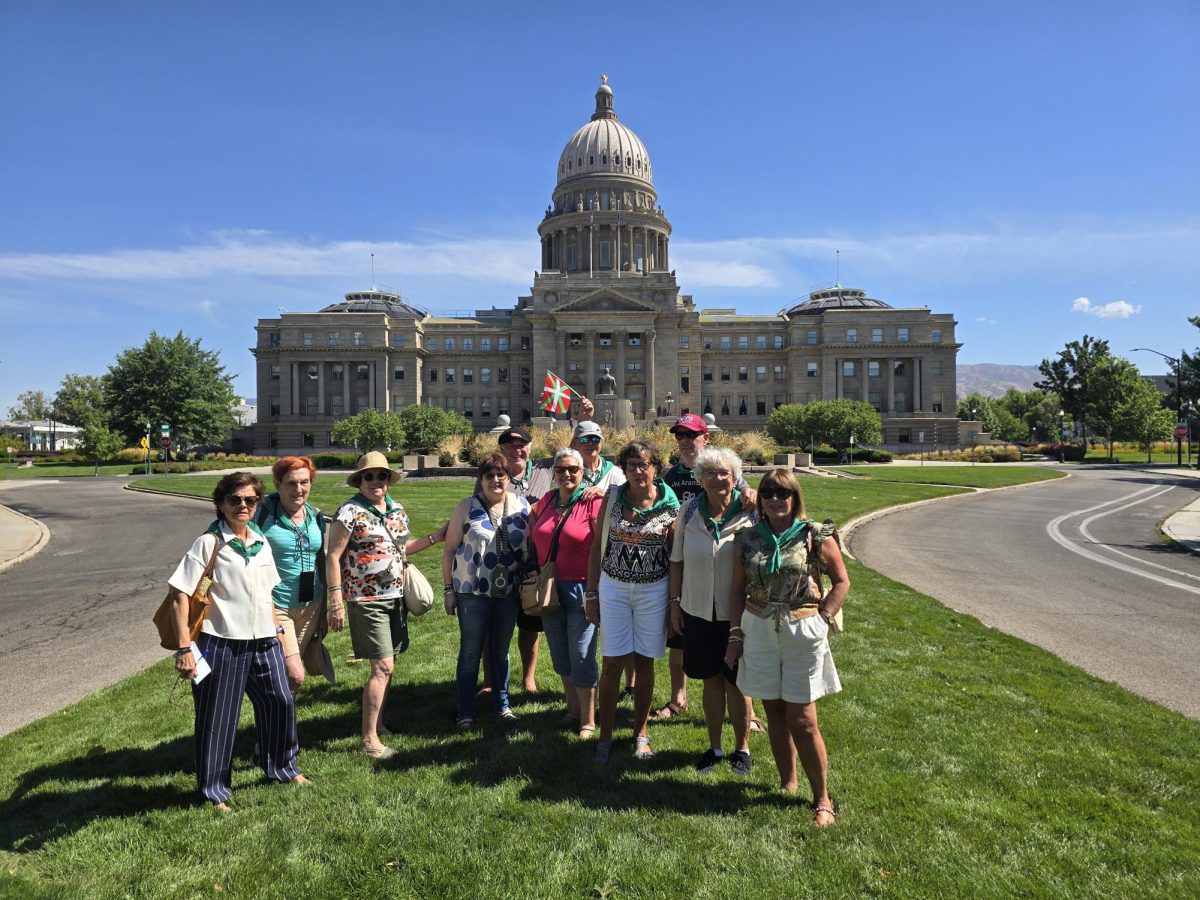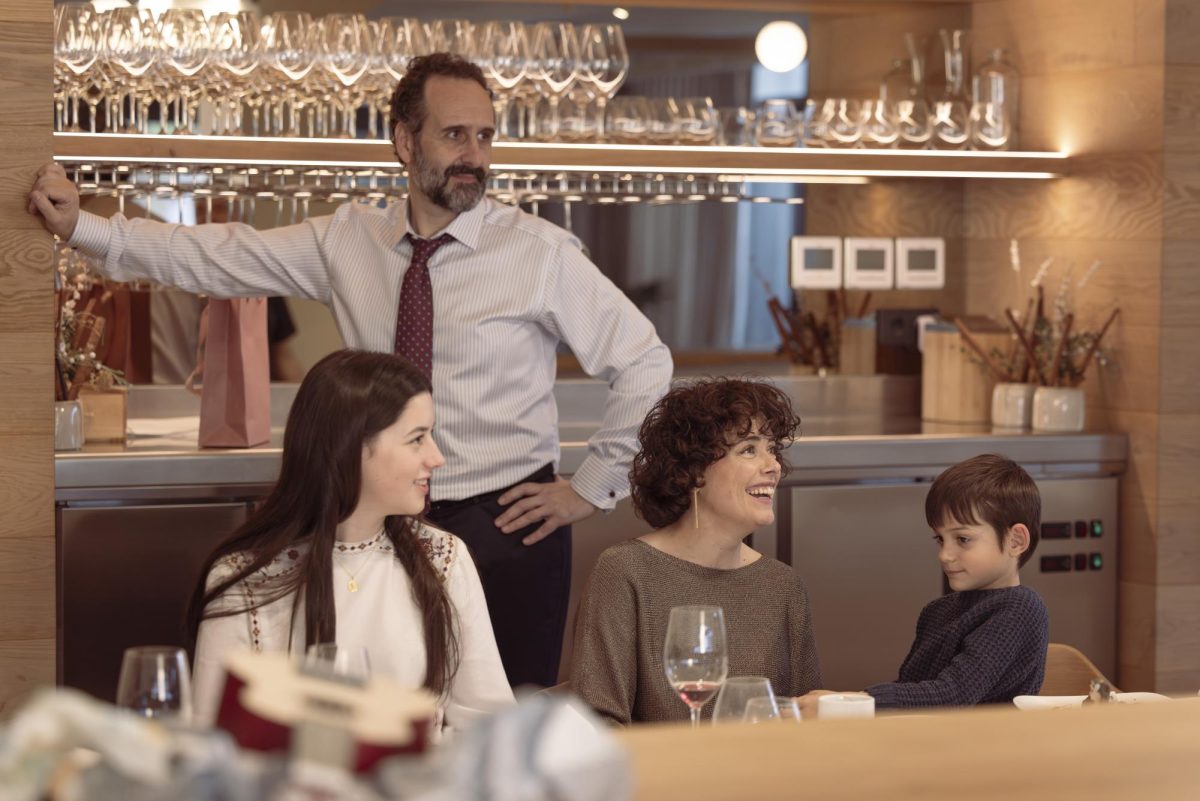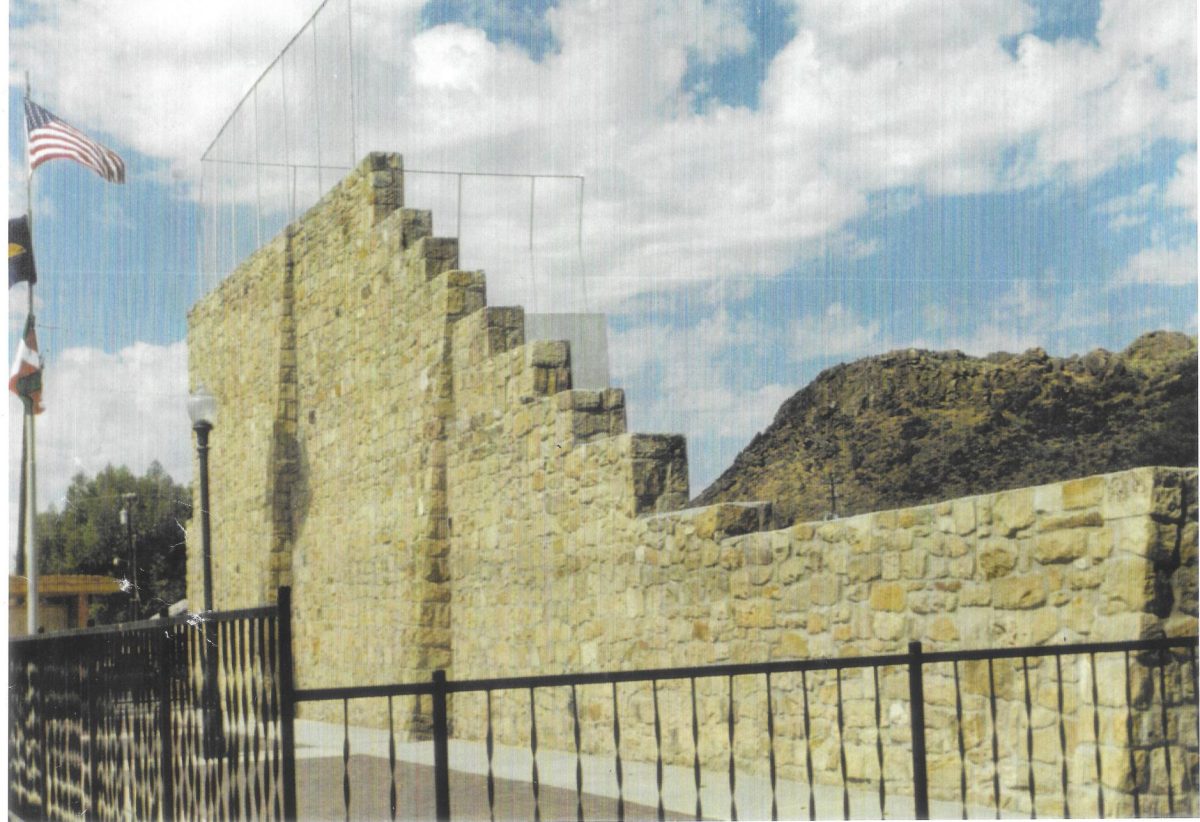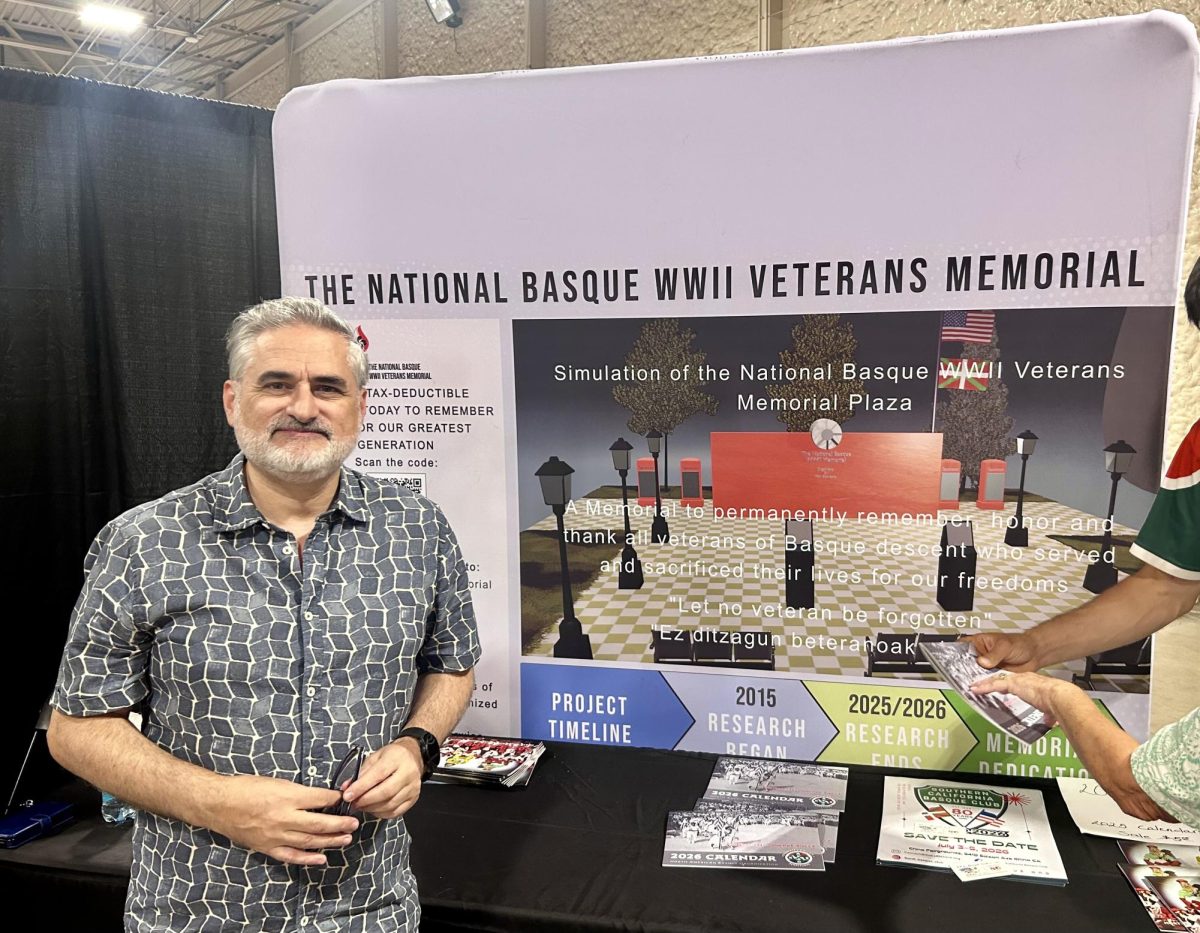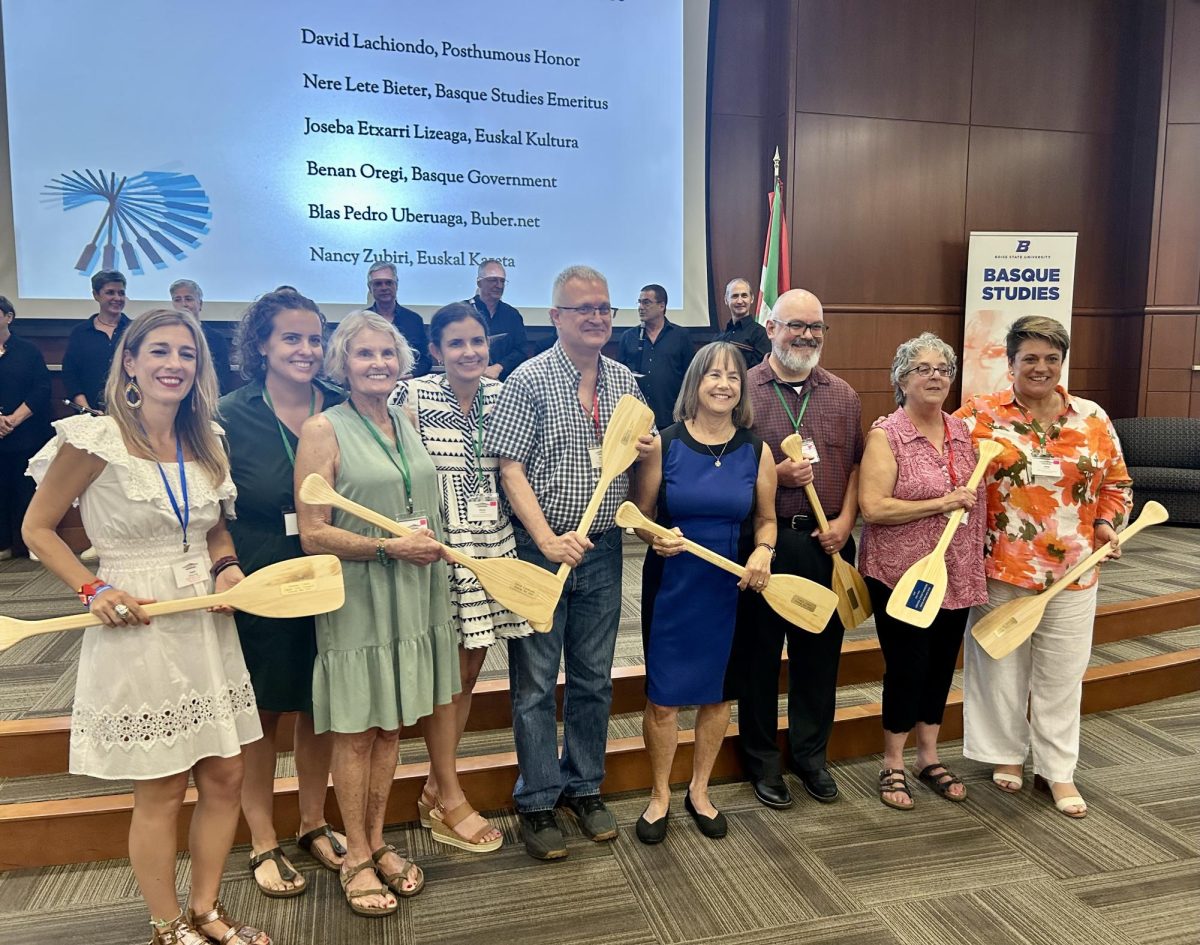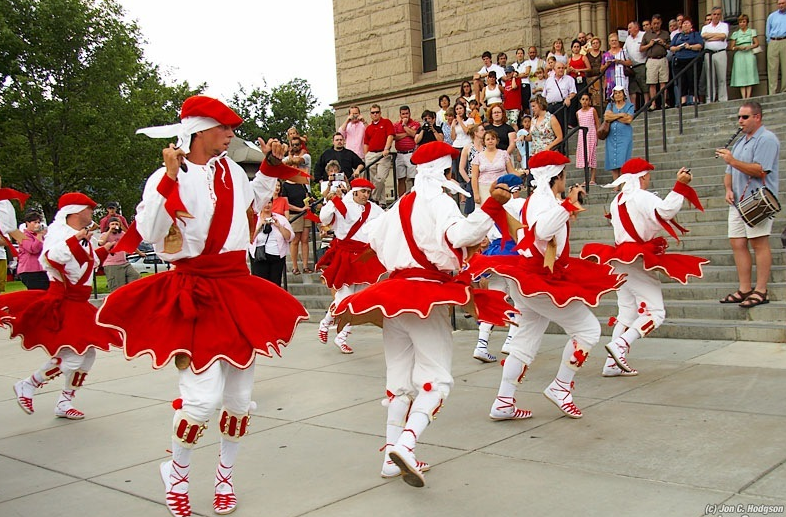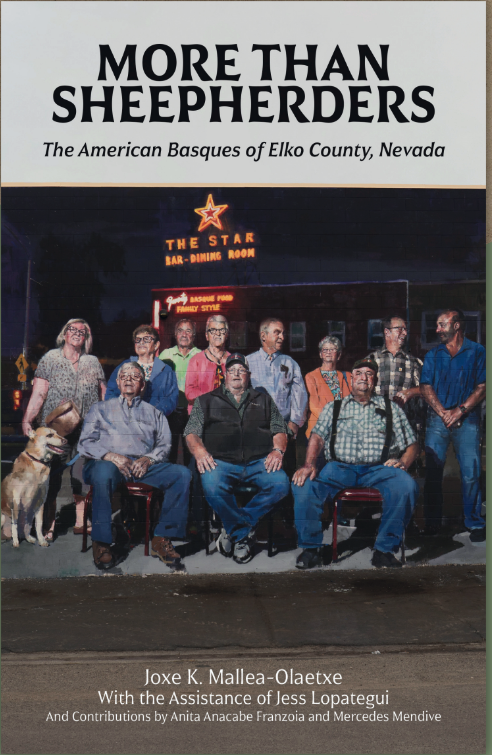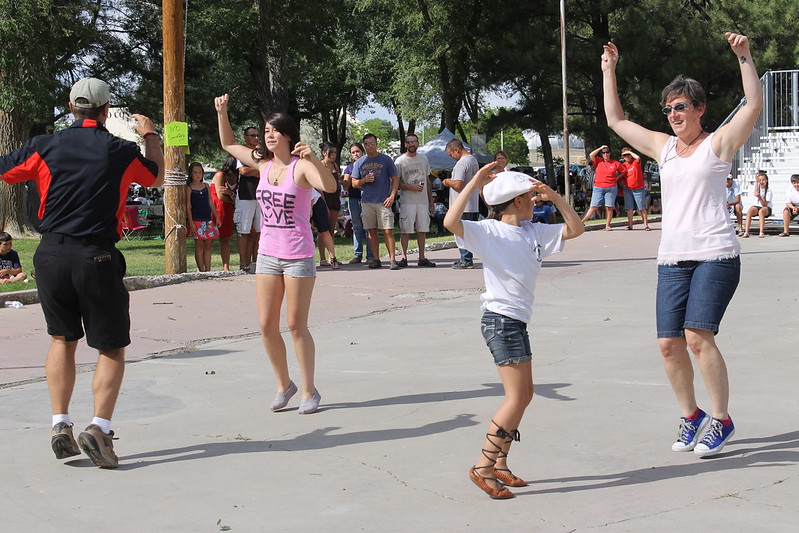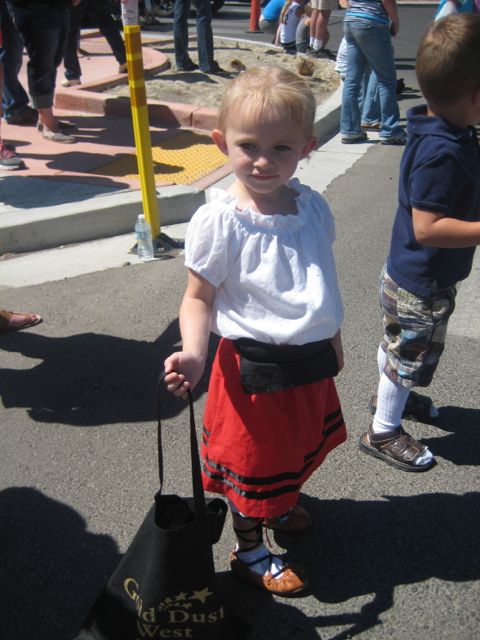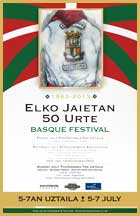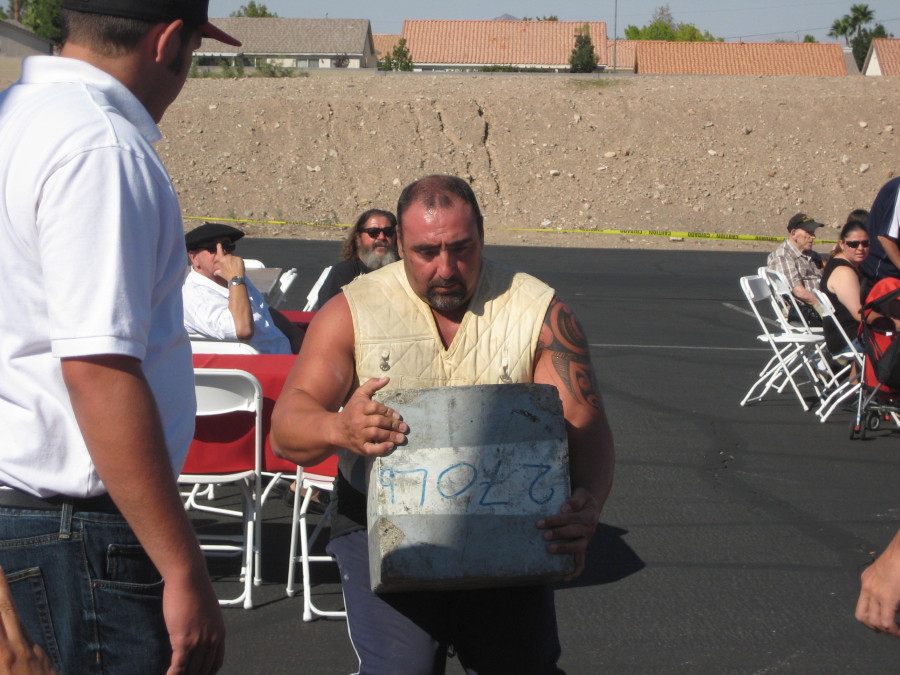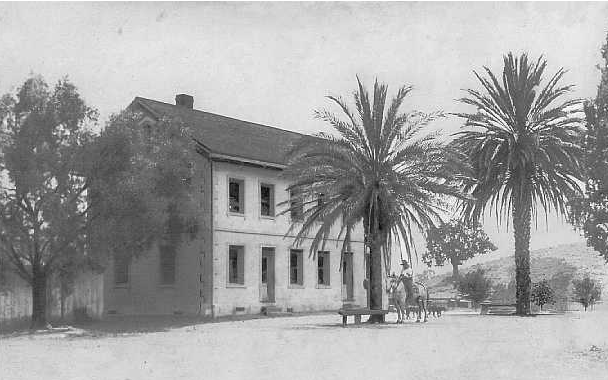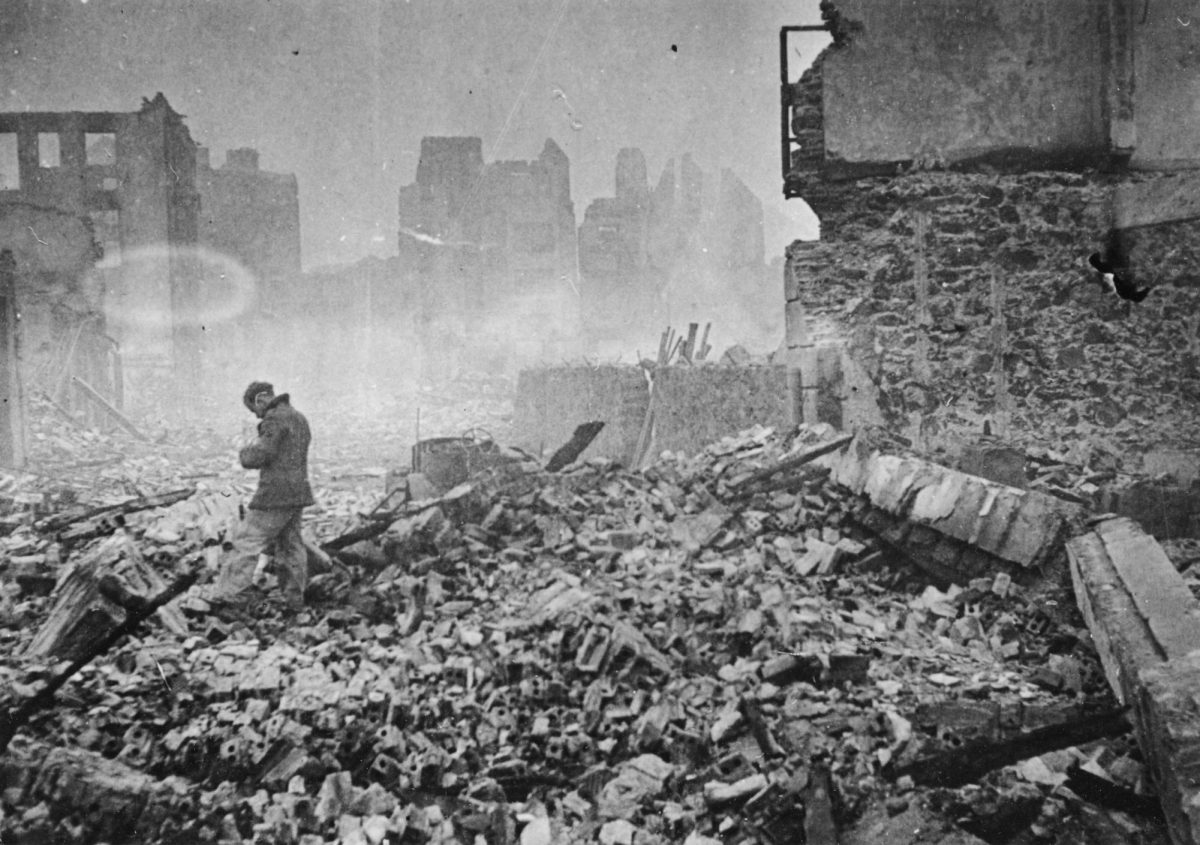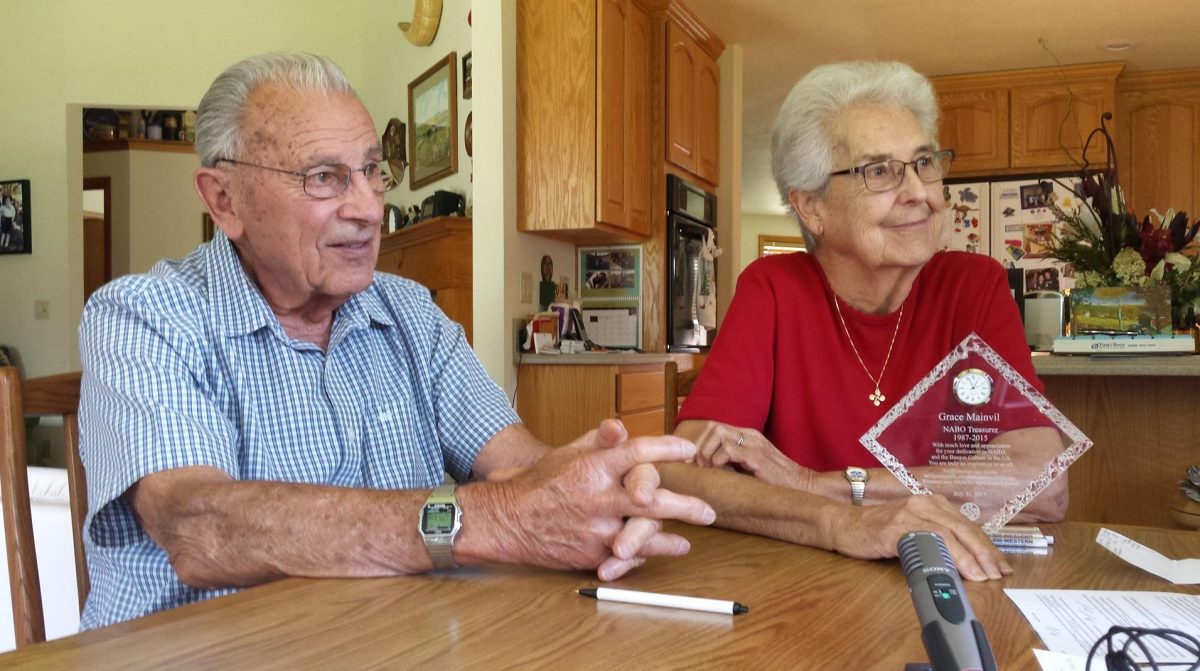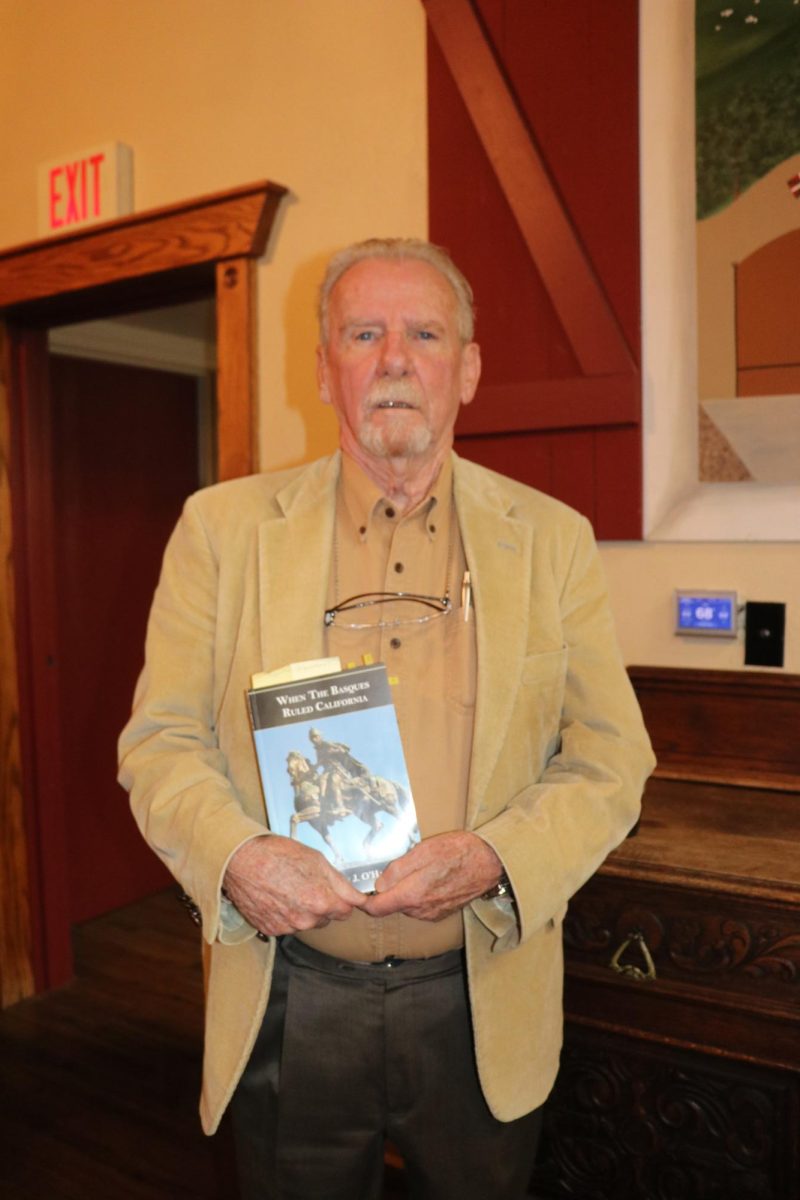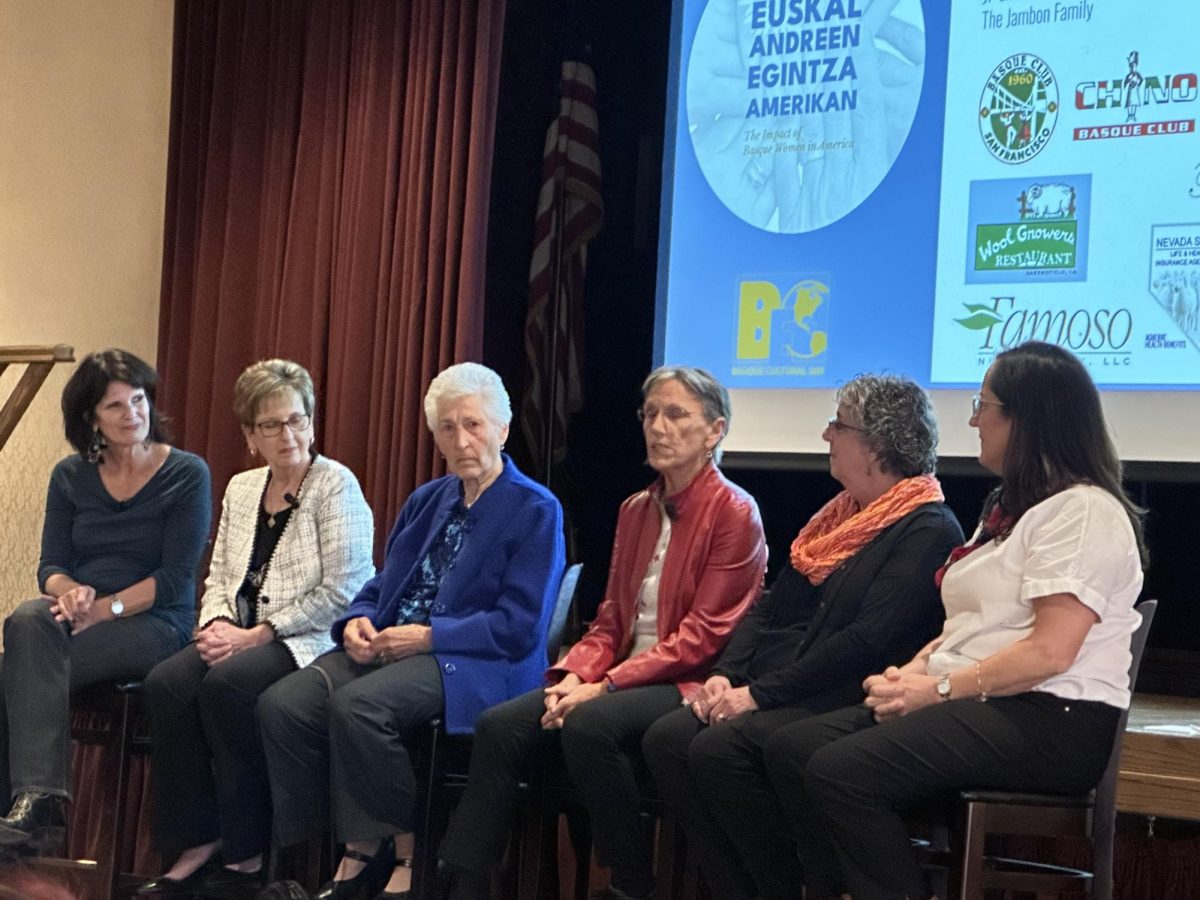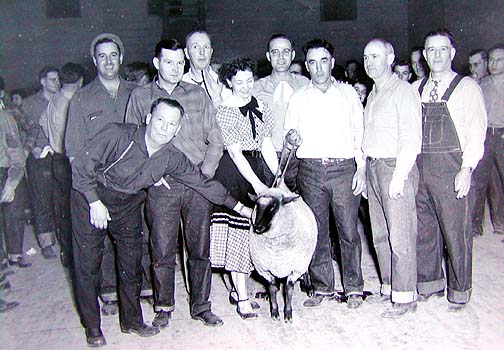For 100 years, the Star Hotel has been an anchor of Elko’s rich and colorful Basque history.
The boardinghouse opened in 1910 as Basque sheepherders flocked to town during breaks from tending their herds. The two-story wooden landmark, near the corner of Silver and 2nd streets, has the distinction of being the longest continuously run Basque hotel in Nevada.
“It’s been owned only by Basques for 100 years,” Star owner and Elko native Scott Ygoa recently told Euskal Kazeta. “We want to continue the tradition.”
The Star will be celebrating its 100th anniversary this year during the popular 47th Annual National Basque Festival, which begins this Friday July 2 and runs through Sunday July 4.
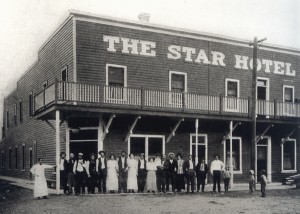
The hotel’s anniversary celebration will be Sunday July 4. Festivities will get underway at 6 p.m., when the street in front of the hotel will be closed to traffic. The owners are planning a street dance with music by Boise-based Amuma Says No. The dining room will be open only for the old-timers who want to play the Basque card game mus. While the restaurant won’t be serving food inside, the bar is likely to be full, as it usually is, and chorizos will be served at a bar to be set up outside. Ygoa, who runs
the hotel with his wife Tricia, said he
expects the dancing will continue until
1 to 2 a.m., since Monday is a holiday.
The National Basque Festival is the largest Basque festival in Nevada and one of the more popular in the West. Among the highlights are a parade, wood chopping and weightlifting demonstrations, as well as dancing and plenty of partying in and around the historic downtown Elko corridor. The area is about as close to an old West town as you can get.
Elko was born in 1869 with the arrival of the transcontinental railroad. Surrounded by open ranges and silver-studded mountains, the town became a center of ranching and mining in the Silver State. Gold mines continue to operate in the region.
By the beginning of the 1900s, Basques had arrived in northeastern Nevada and were working as sheepherders, ranchers and miners. Some, like Pete Jauregui, became business owners in Elko. In 1908, he operated the Telescope Hotel at 346 Silver Street with Pete Saval, another influential local Basque businessman and rancher, according to “A Travel Guide to Basque America,” written by Euskal Kazeta editor Nancy Zubiri.
Jauregui married, and he and his new wife, Matilde, built the Star Hotel just down the street from the Telescope in 1910. The place soon became so popular among Basque herders that the Jaureguis were forced to double the size of the hotel.
Over the years, many of the Basque women who lived on outlying ranches came to the Star when it was time to have their babies and Matilde would help the doctor. Many a dance and wedding celebration has been held at the Star as well.
The Ygoas keep up the old building. They close almost every year for a week, in April, for maintenance. This year they updated the kitchen. The next project, said Ygoa, is to get rid of the drop ceiling that was installed, to expose the original tin ceiling tiles in the bar area.
The hotel still has six boarders living upstairs, said Ygoa. Posted on the wall in the bar is a long list of Basque families who have owned the business since the Jaureguis first opened the place a century ago. Ygoa tracked down the former owners of the Star who are still alive and they’ll be honored, riding in a float in the annual parade on July 3rd through downtown Elko.
Following the parade, the festival continues with a show of athletic feats and dancing at the fairgrounds. Saturday night the band Amuma Says No will play for a dance at the fairgrounds. The Elko Euzkaldunak Club is the sponsor of the festival. Sunday will bring a barbecue at City Park, followed by the celebration at the Star.
Star Hotel
246 Silver St.
(775) 753-8696
Related Euskal Kazeta articles:
2009 Elko Basque Festival
Basque Sheepherders of the Great Basin
For information on the Elko festival and other Basque festivals across the West, click on the interactive map below:
View Basque Summer Festivals in the U.S. in a larger map

